
Banking on the Future
The Fall and Rise of Central Banking
Read or listen offline
Amazon KindleRecommendation
After the 2008 financial crisis, the world’s central banks had a lot of explaining to do. Housing prices had bubbled and burst, major financial institutions teetered (and some fell), and the global financial system came to a screeching halt. While central bankers were instrumental in preventing all-out economic Armageddon, none foresaw the magnitude of the crisis, nor were many armed with the right tools to fix it. Courtesy of their front-row seats at the parade of central banking’s modern evolution, Bank of England veterans Howard Davies and David Green, present a thorough insider’s parsing of the state of the field, and offer ideas for how the world’s top bankers can better prepare for – and maybe even avert – the next crisis. The authors’ subject matter is often prosaic, but they give it some much-needed livening up with their behind-the-scenes, sometimes gossipy, revelations about the personalities of the (almost all) men who helped keep the economic world spinning. getAbstract recommends their exposé to policy makers and bankers who want to take lessons from what went wrong and understand how to make it right.
Summary
About the Authors
Howard Davies is director of the London School of Economics. David Green is a Bank of England central banker and financial regulator.










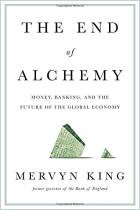
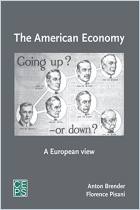
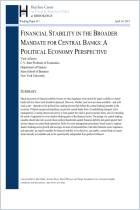
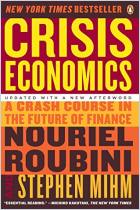
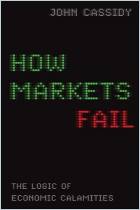






Comment on this summary